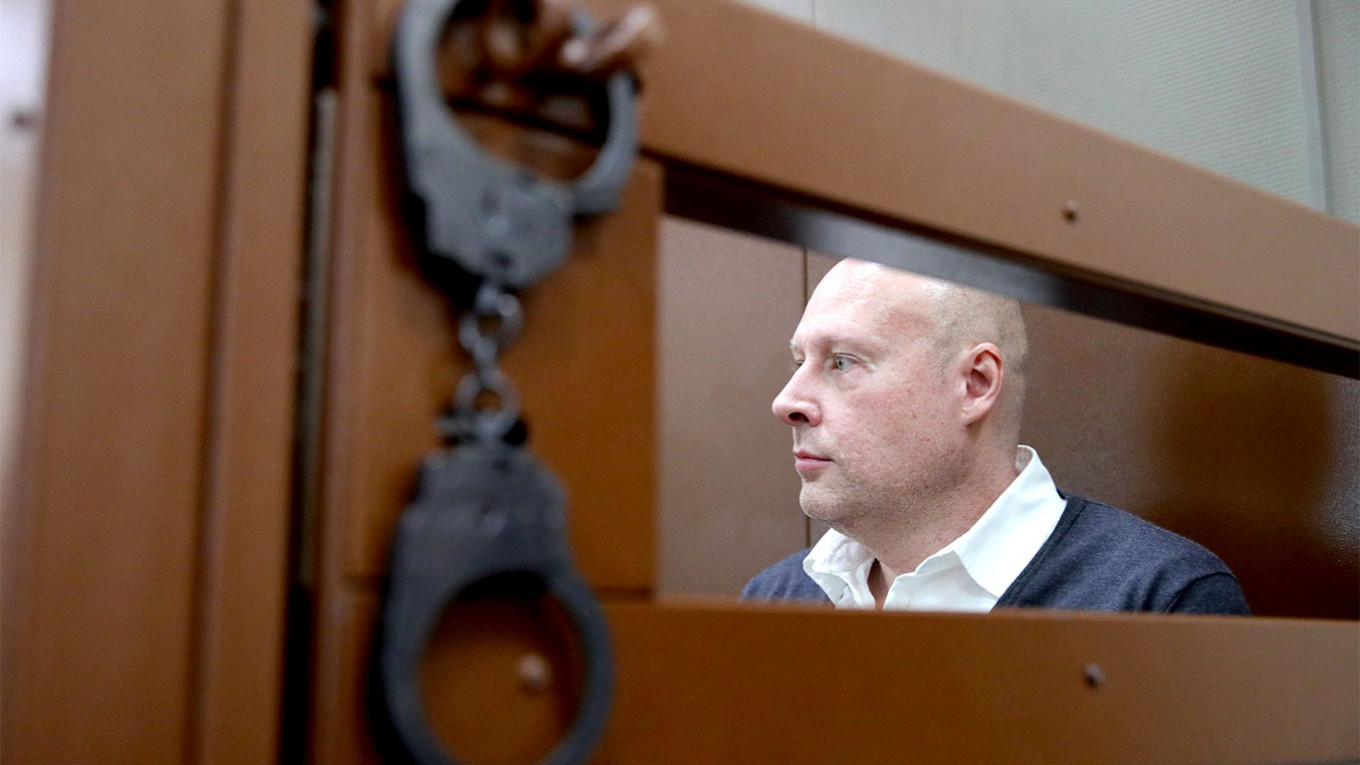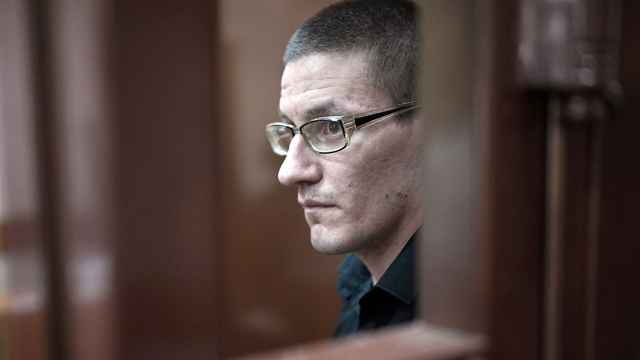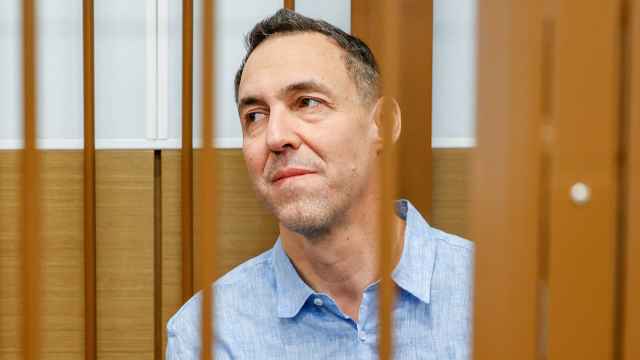Four Russian fertility clinic employees and two surrogate mothers have been handed jail sentences of varying lengths as part of the country's first surrogacy investigation, state media reported Friday.
Authorities launched Russia’s first-ever surrogacy probe in 2020 after one of the babies born to a surrogate mother was found dead in an apartment outside Moscow.
Moscow’s Nikulinsky District Court on Friday found the head of the European Surrogacy Center, Vladislav Melnikov, guilty of child trafficking and sentenced him to 19.5 years in prison, according to the news agency RIA Novosti.
Two European Surrogacy Center doctors — embryologist Taras Ashitkov and reproductive endocrinologist Yuliana Ivanova — were sentenced to 17.5 years and 16.5 years in prison respectively on the same charges.
Obstetrician-gynecologist Lilya Panaioti received a sentence of 16 years and three months in prison.
Surrogate mothers Tatiana Blinova and Liliya Valeyeva were sentenced to four years and 10.5 years in prison.
Prosecutors had requested up to 20 years of imprisonment for the defendants. The case was reportedly heard behind closed doors for an undisclosed reason.
Melnikov and Panaioti called the trafficking charges against them “lawless and absurd,” saying it is impossible to sell the children to their own parents, according to RIA Novosti.
A seventh defendant, Konstantin Svitnev, who is the CEO of Russia’s first company to arrange surrogacy programs Rosyurconsulting, was put on a wanted list after fleeing the country.
His associate Roman Yemashev, interpreter Kirill Anisimov and courier Valentina Chernsyshova received prison sentences of 5-6 years after taking a plea deal with investigators.
Russia is one of a handful of countries where commercial surrogacy is legal.
Lawmakers moved to ban surrogacy for non-Russian couples last year following increasing warnings that wealthy foreigners were exploiting Russian women and children.
President Vladimir Putin signed a law banning foreigners from having children with the help of a surrogate in Russia in December 2022.
A Message from The Moscow Times:
Dear readers,
We are facing unprecedented challenges. Russia's Prosecutor General's Office has designated The Moscow Times as an "undesirable" organization, criminalizing our work and putting our staff at risk of prosecution. This follows our earlier unjust labeling as a "foreign agent."
These actions are direct attempts to silence independent journalism in Russia. The authorities claim our work "discredits the decisions of the Russian leadership." We see things differently: we strive to provide accurate, unbiased reporting on Russia.
We, the journalists of The Moscow Times, refuse to be silenced. But to continue our work, we need your help.
Your support, no matter how small, makes a world of difference. If you can, please support us monthly starting from just $2. It's quick to set up, and every contribution makes a significant impact.
By supporting The Moscow Times, you're defending open, independent journalism in the face of repression. Thank you for standing with us.
Remind me later.






